I was intrigued by the storyline - a single mother living with her adult daughter who has Down syndrome and coming to the realization that her daughter has fallen in love with an intellectually disabled man and insists that she is going to marry him. Whew!
There aren't many fictional books that have a main character and storyline involving someone with Down syndrome. I was curious to how the author would tackle this subject; how she would portray a parent dealing with her adult child wanting to get married, but not wanting to let go because she (the mother) has been the only constant in her daughter's life. I wondered how she would tackle the subject of marriage between adults with disabilities. The mother was very against it and didn't think this couple could manage married life and all the questions that went along with it - namely where would they live? What about birth control?
From what I could tell, the author, Colleen Faulkner, is not a parent of a child with Down syndrome. I don't know if she knows someone with Down syndrome, if she has a friend raising a child with Down syndrome, or what her experiences have been to base her characters and storyline from.
I was disappointed in several parts of the book. She did not use People First Language (PFL). PFL is putting the person before the disability. I.E. Kayla is not a "Down syndrome/Down's child" she is a child who has Down syndrome. While I wouldn't necessarily expect the author to know this, and there are many people who have a child with Down syndrome who refer to their children as "my Down's son", it's a personal preference for me to not refer to Kayla in that way. She is Kayla. The Down syndrome does not have to come before her name. So it was ... irritating ... to read several times "Down syndrome girl, Down syndrome people" throughout the book.
In the first chapter the mother describes her daughter's epicanthal folds as "Mongolian eye folds." Using the term Mongolian for people with Down syndrome is so, so, so out-of-date and more importantly not a factual term.
The daughter is 25 but is continuously portrayed as always child-like. While I realize people with intellectual disabilities can have a vast range of abilities and some people are described as having a cognitive level of a child, I think this stereotype can be dangerous to portray. It lends to society continuing to treat people with intellectual disabilities as less-than, and treated younger than they are. It also presents this image that they never grow up and are one-dimensional: child-like; and have no other qualities or characteristics about them. I was saddened to see this author follow that line of thinking. The daughter could very well need a lot of help with her living skills, but she is still a 25 year old woman ... she could have more interests besides Disney movies all the time. There are parts of the book written as the thoughts in the daughter's head and she uses phrases like "meanie head/dummy head."
She does use the word 'retarded' a couple of times, but it makes the mother uncomfortable when the thought comes to her head and it is used as a medical descriptor, "...my daughter and this mentally retarded man break suction. There's that word again. This time I'm too upset...to be disturbed by my mental word choice again."
Then there was this snippet, "Of course Randall and I had never even contemplated having another child after Chloe. Randall and I were responsible parents. We would have never dared taken our chances in conceiving another child."
Had the author even talked to parents of kids with Down syndrome? I've always wondered what the statistics would show for parents who have another child after their child with Down syndrome. Having a child with Down syndrome is not the worst thing in the world; it does not make you think you can't have another child!
Despite all that I kept reminding myself this was a fictional book. There were some parts I could identify with. Sometimes I feel I am too over-protective of Kayla and do too much for her. I need to push her more, teach her more, let her be more independent.
The last few chapters of the book drew me in more than I expected. I will not spoil the ending, but I will say it became a page turner and the ending was not what I was expecting at all.
Overall it wasn't a bad read, I just had to get over the cringe-worthy parts, the roll-my-eyes at the stereotype parts, and read it for the fictional book it is.
I think she portrayed the mother's struggles with coming to terms that her daughter is actually an adult and has adult feelings fairly well.


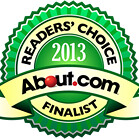
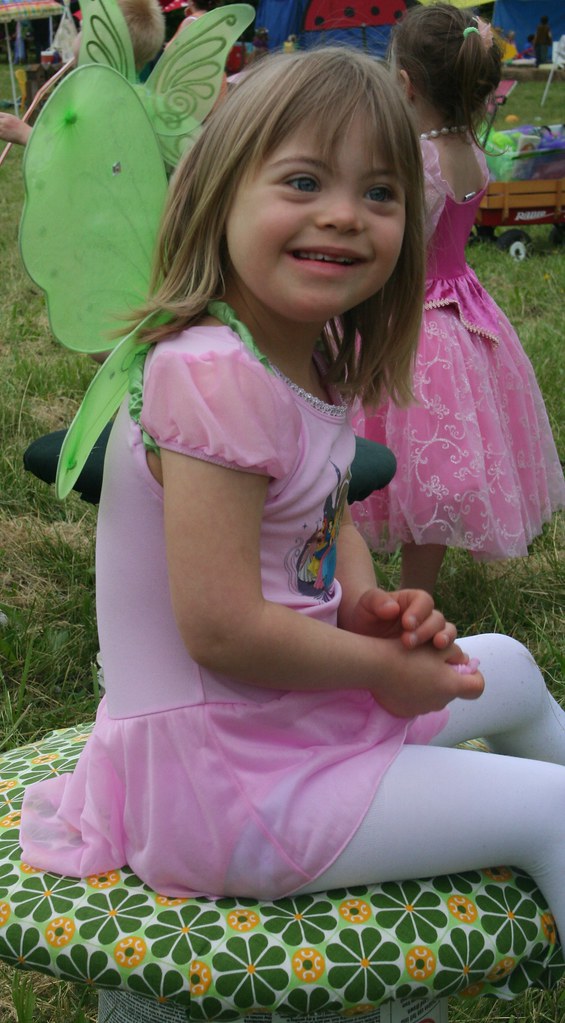

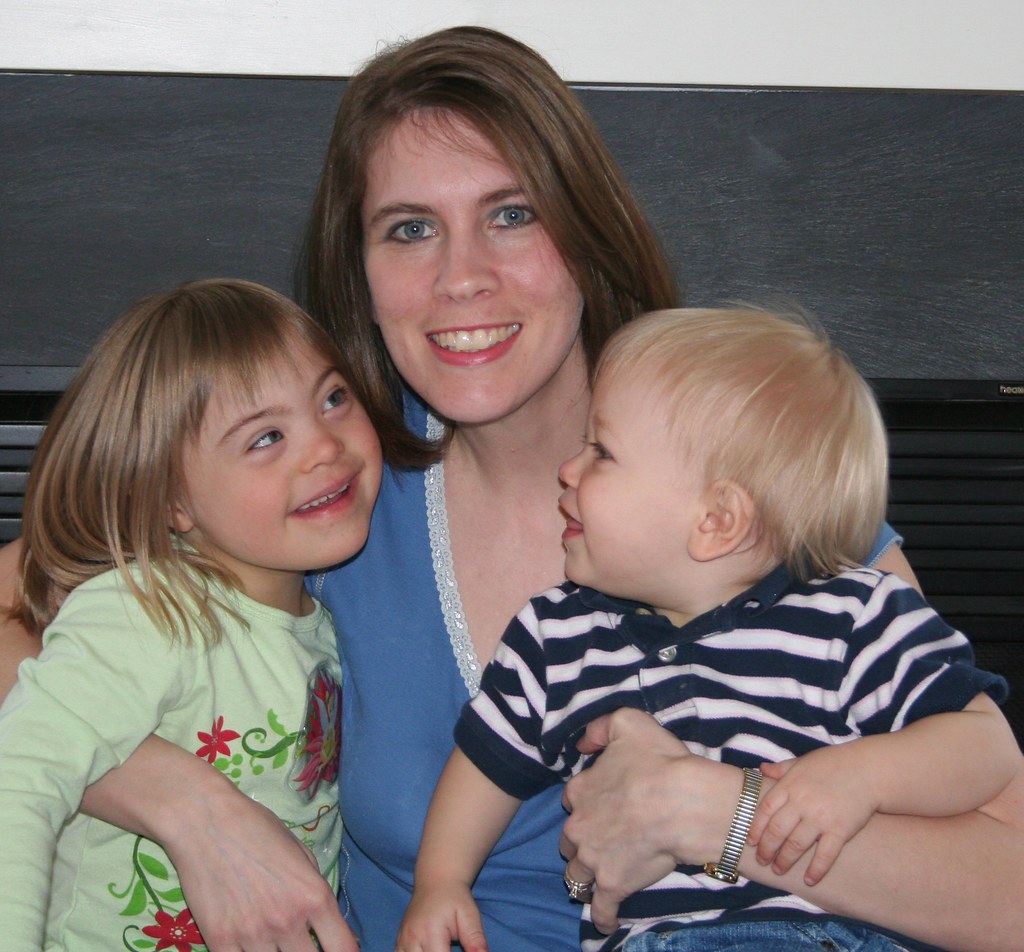
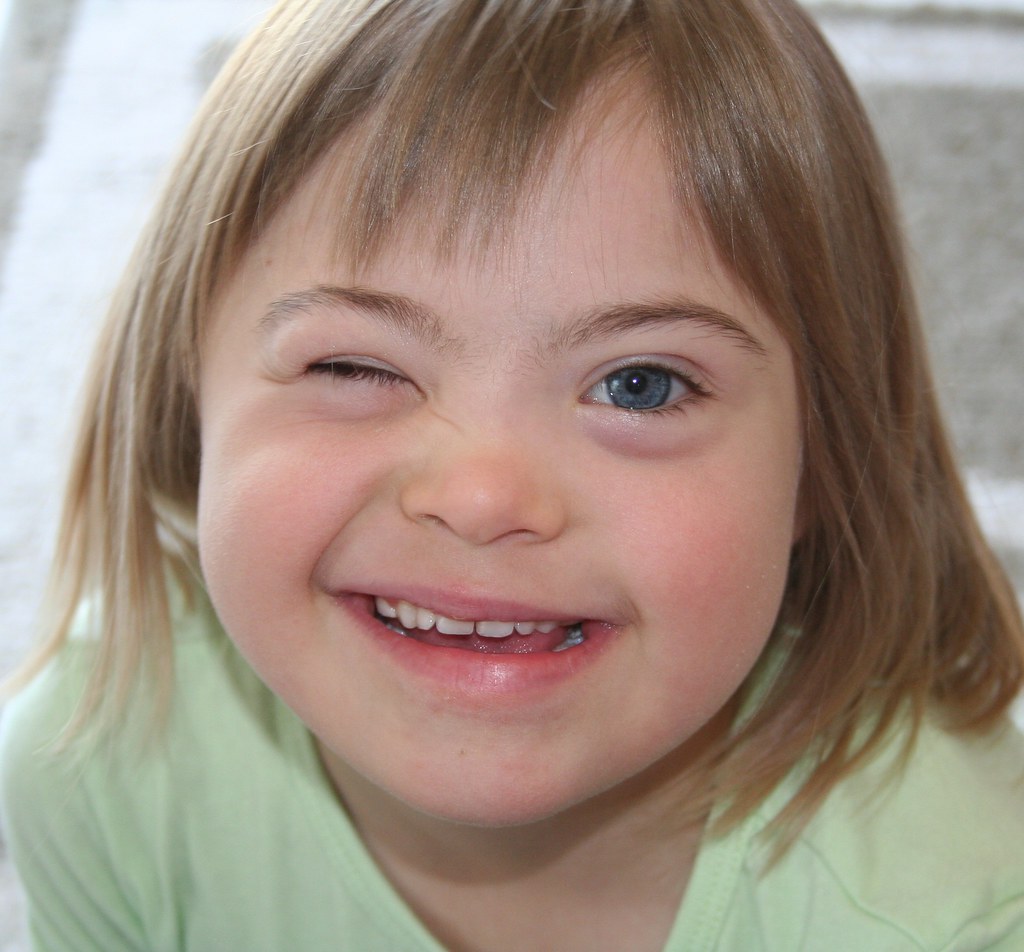
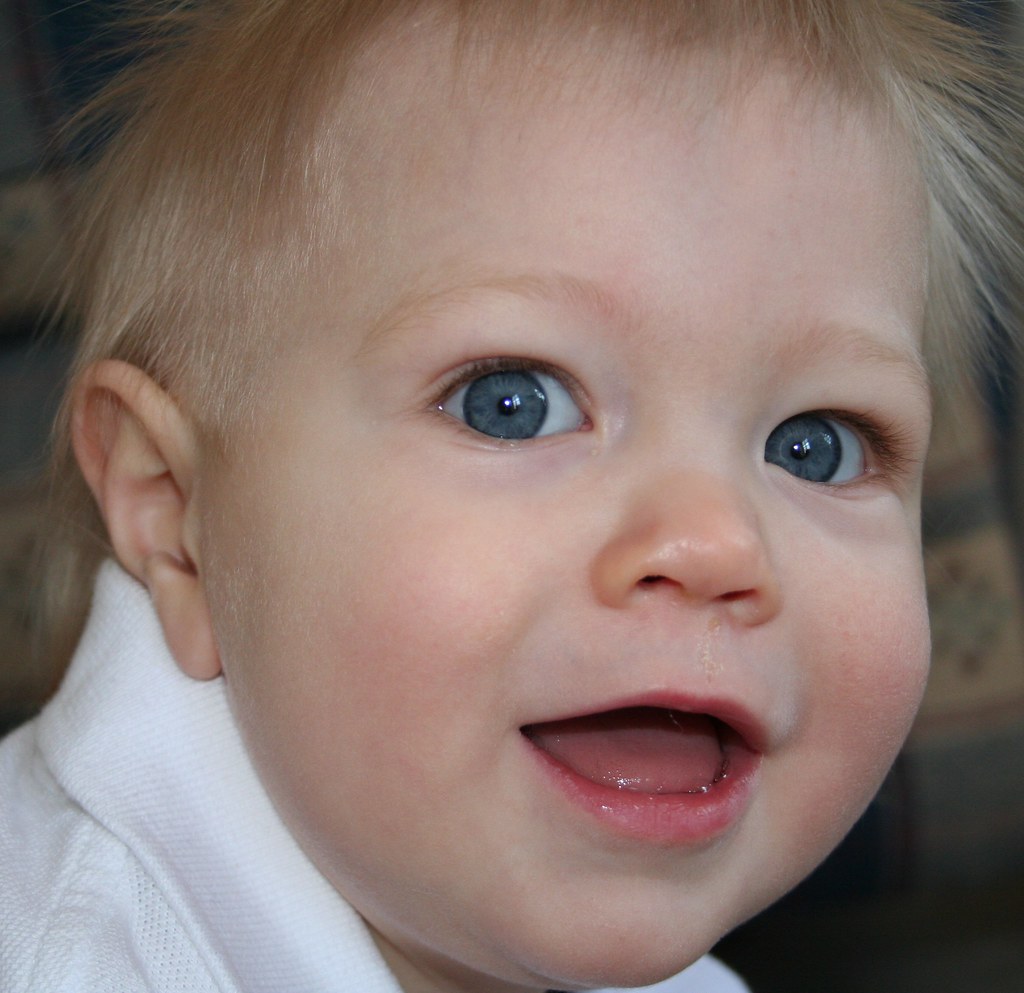
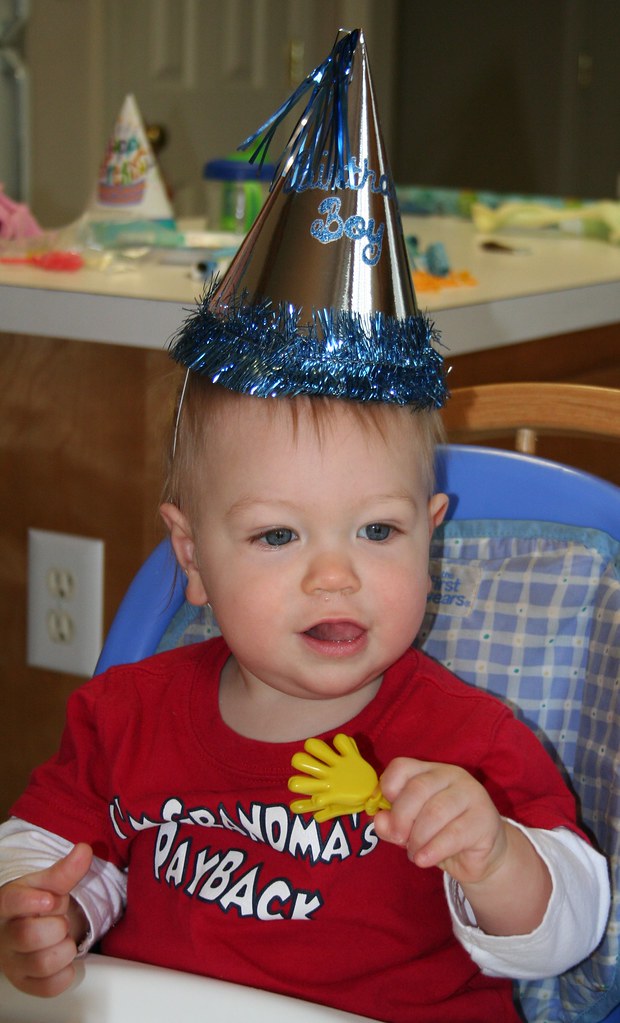
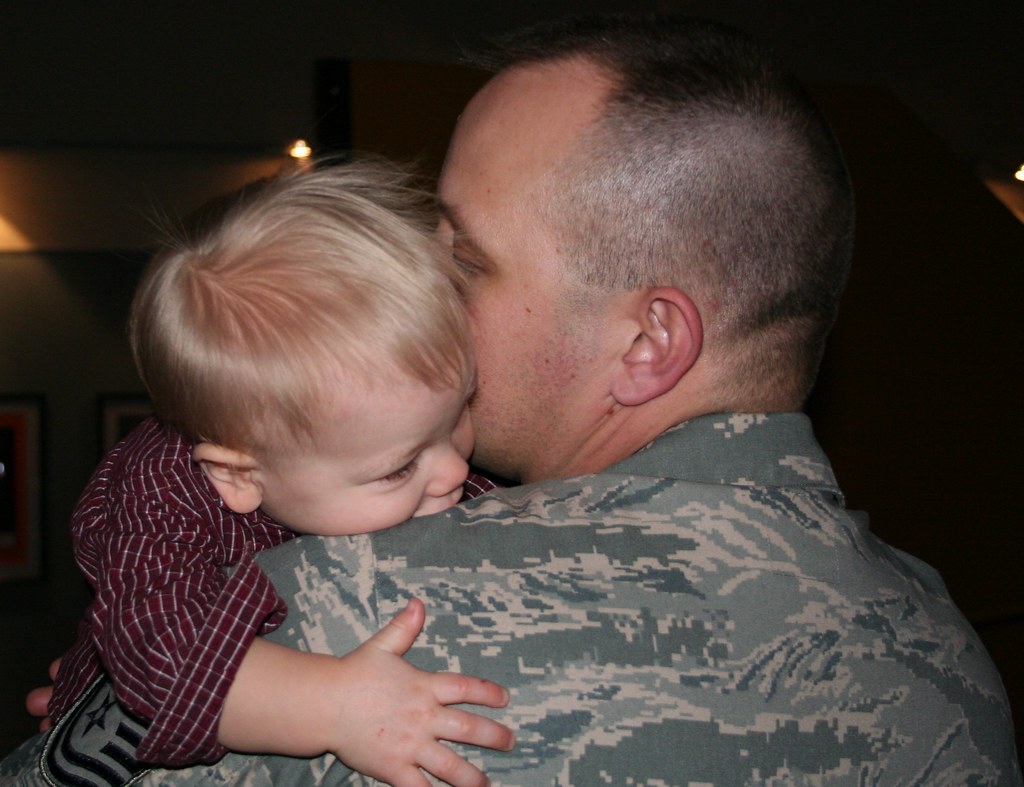

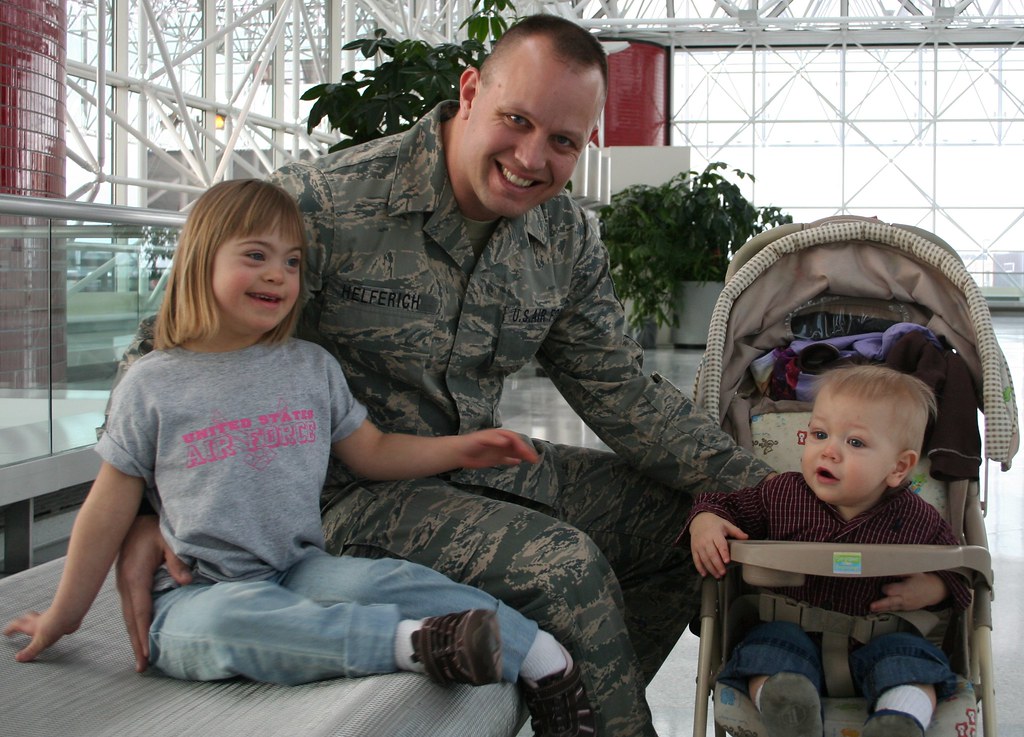
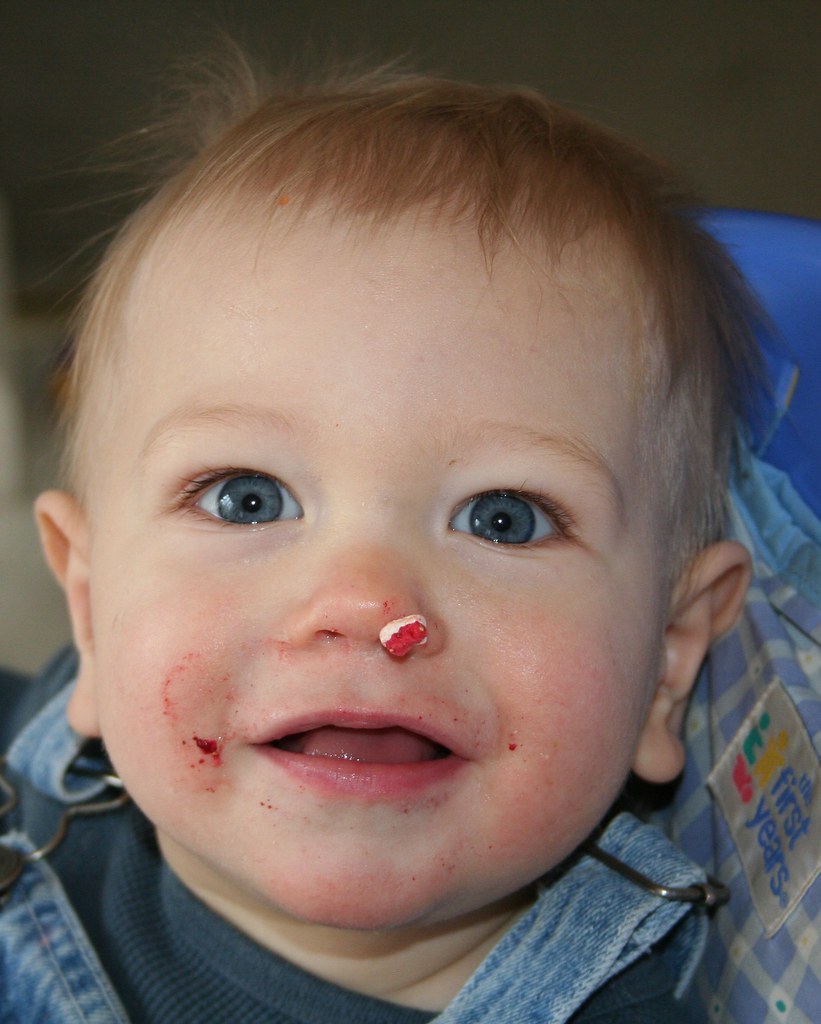
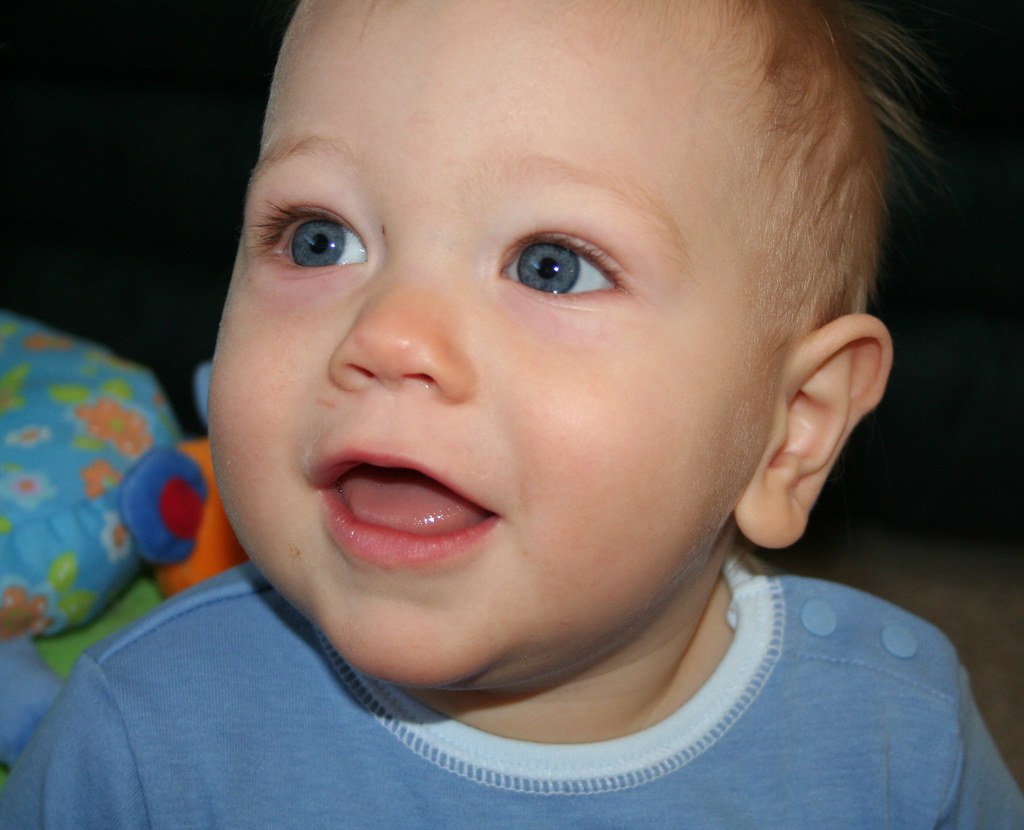
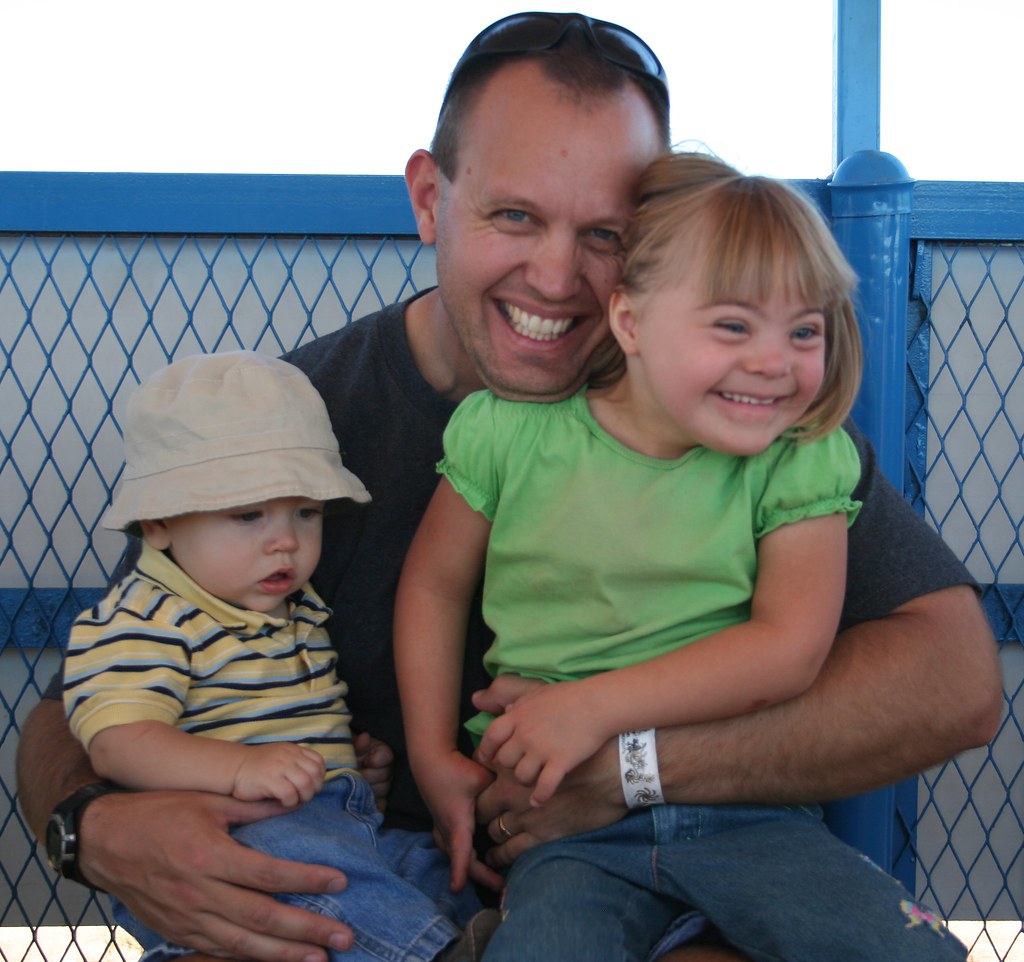
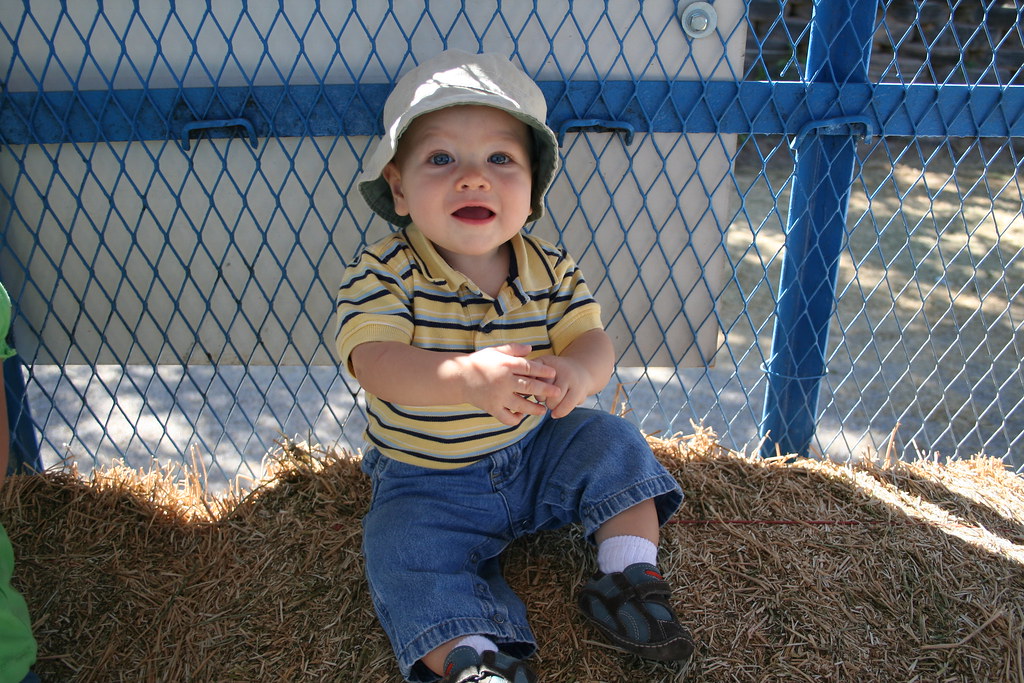
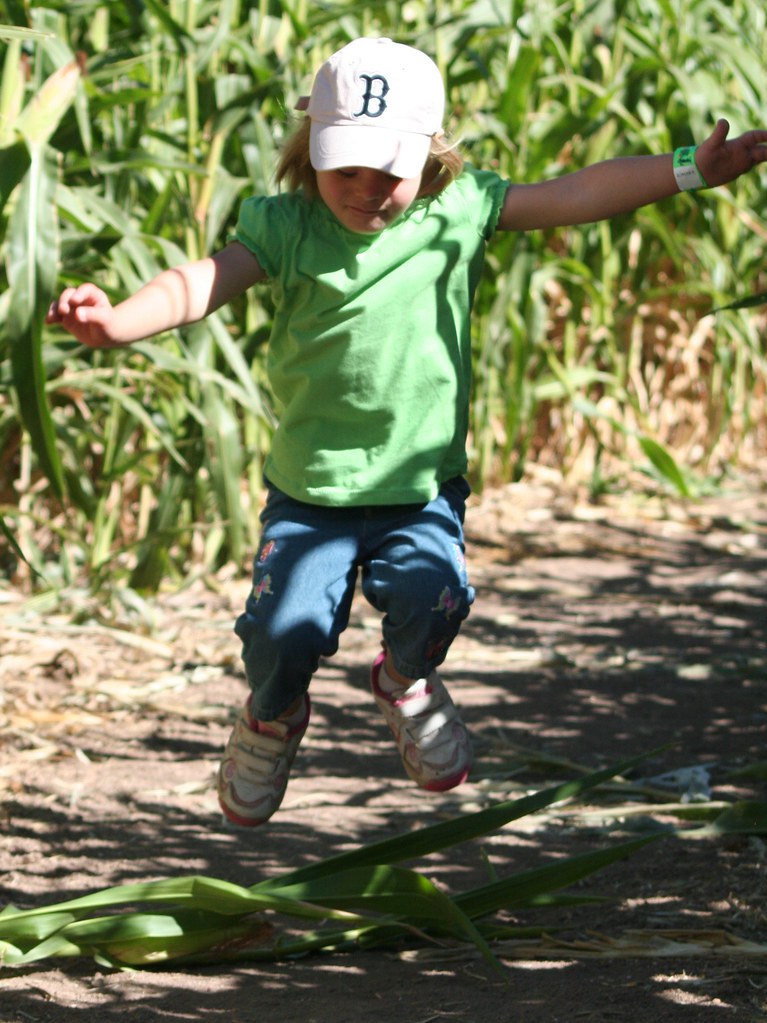
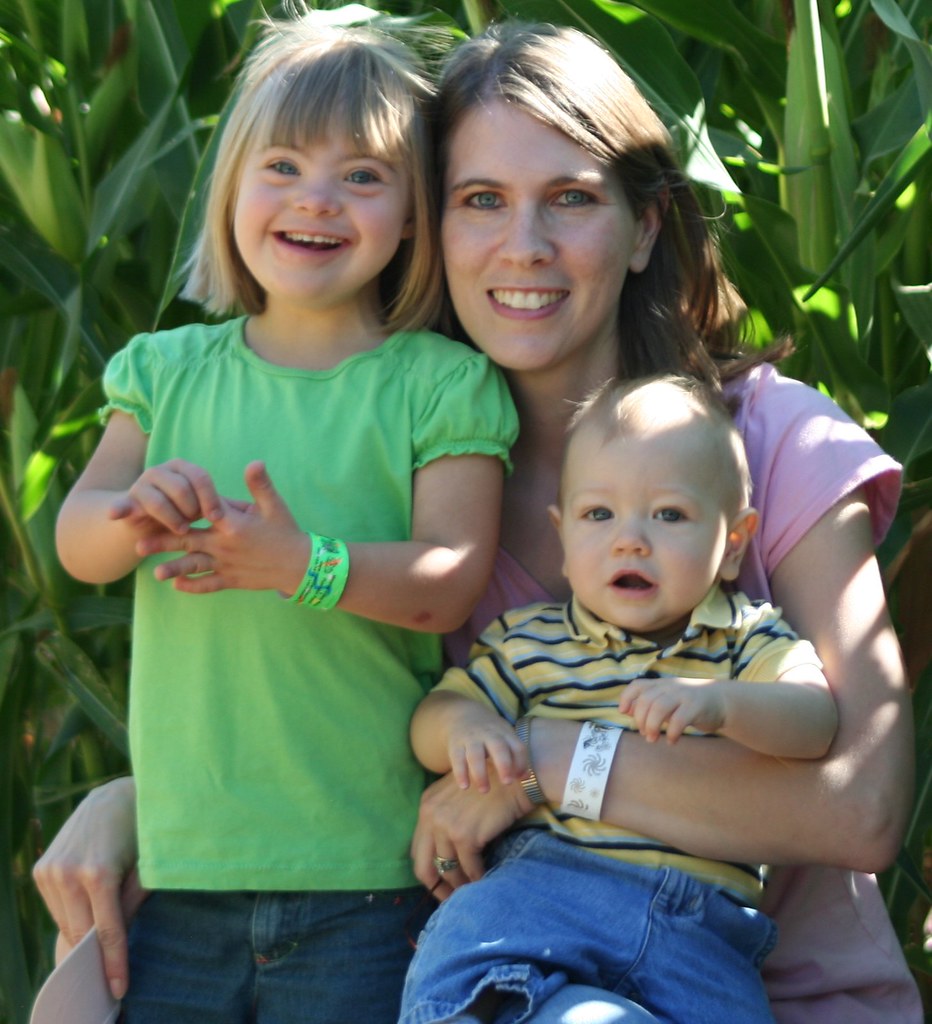
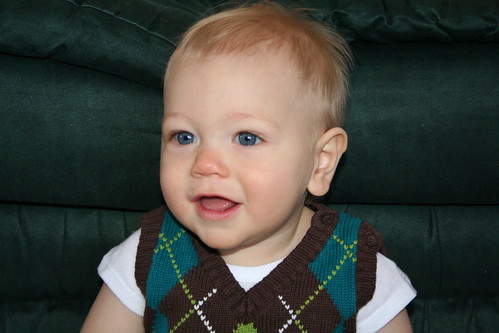
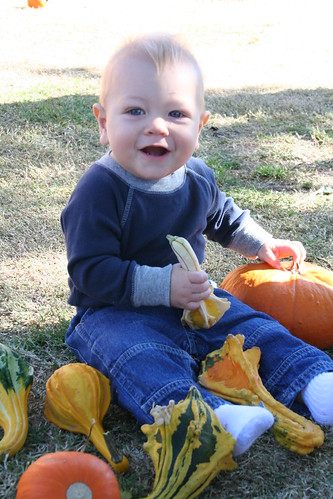
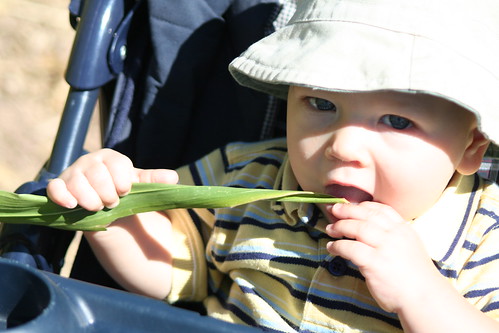
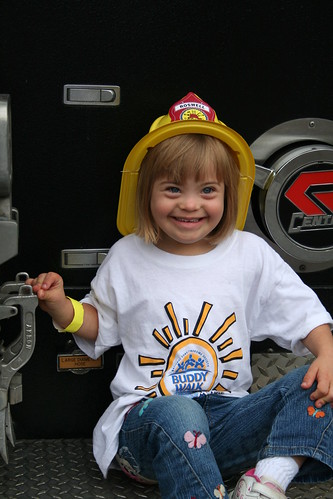
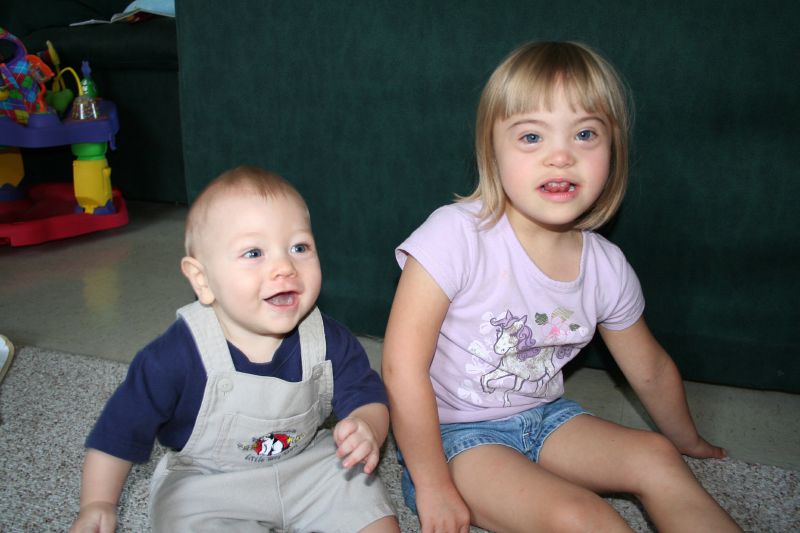
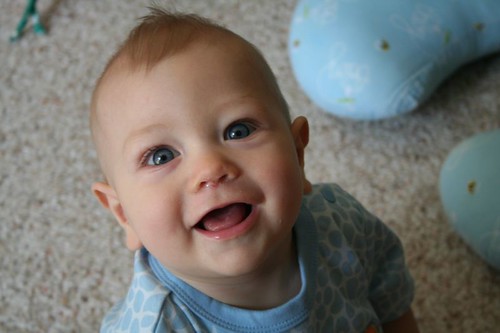
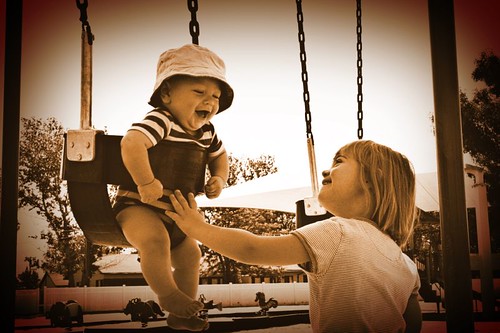
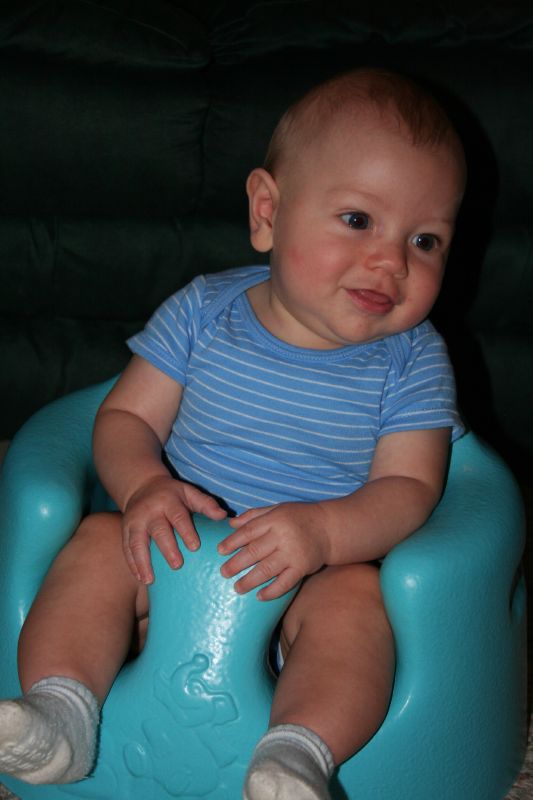
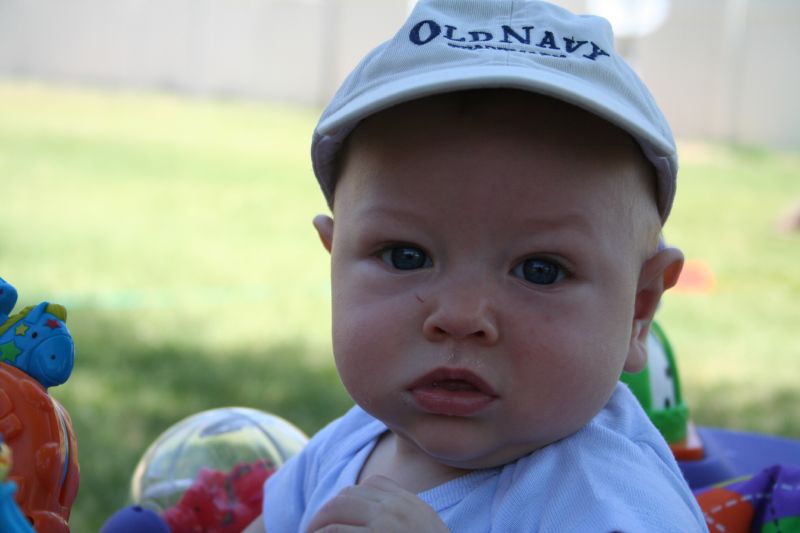
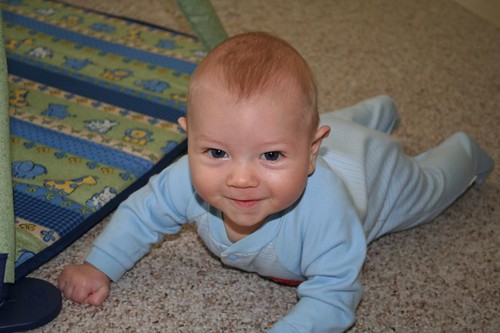
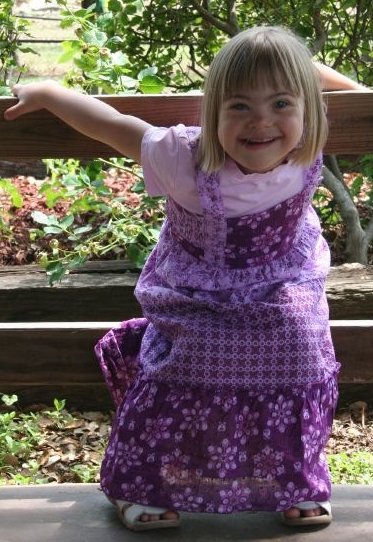
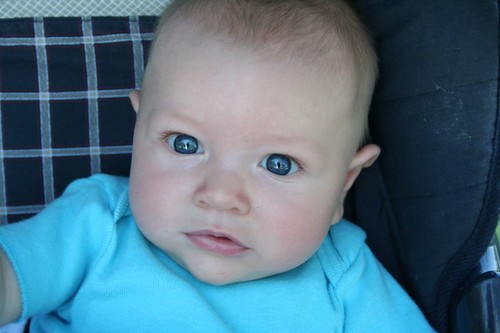
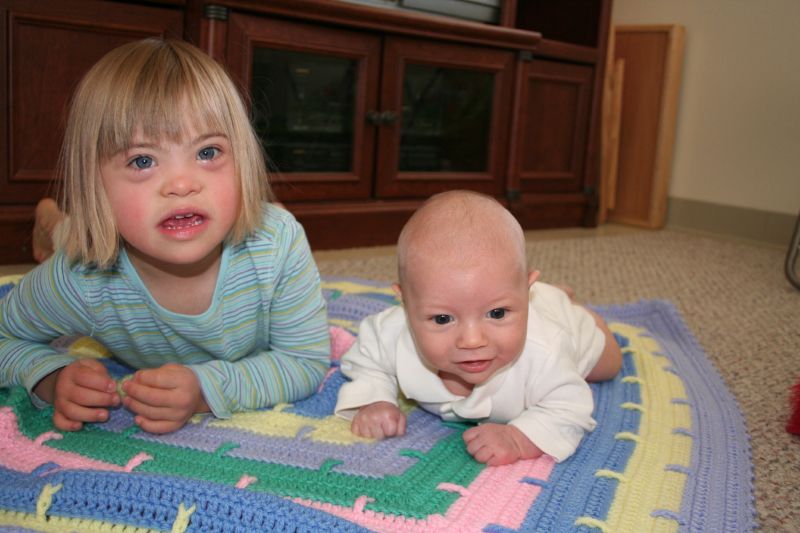
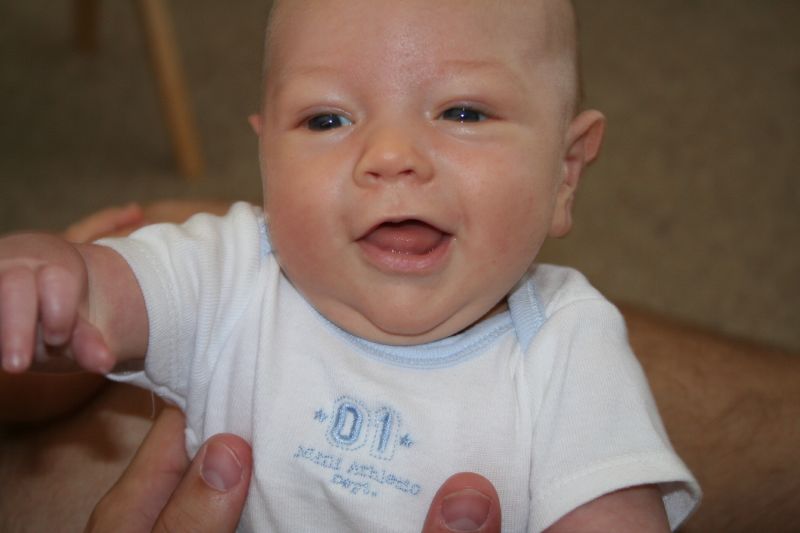
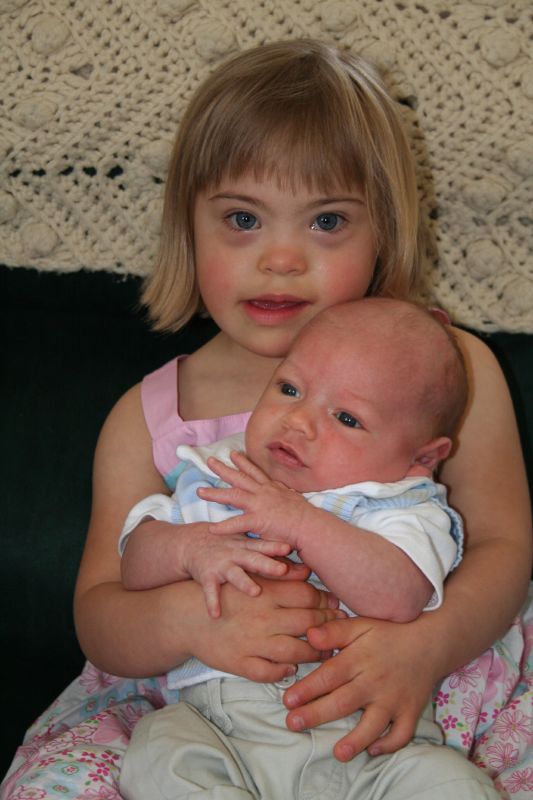
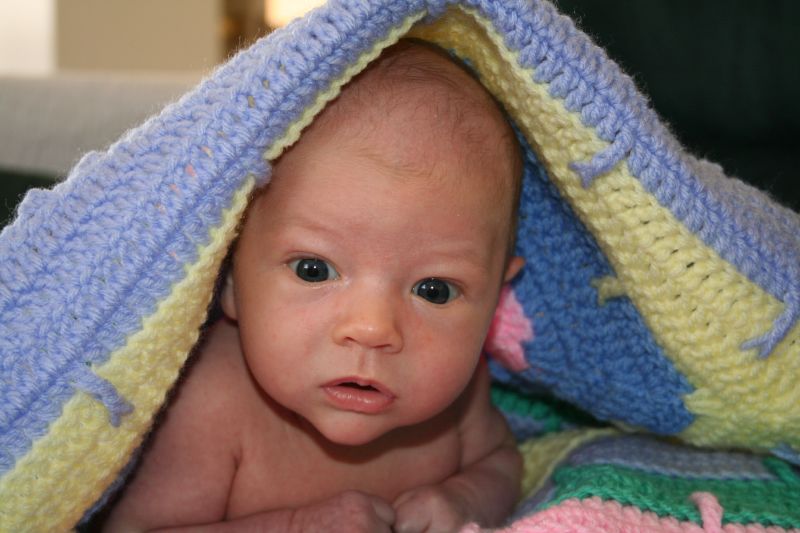
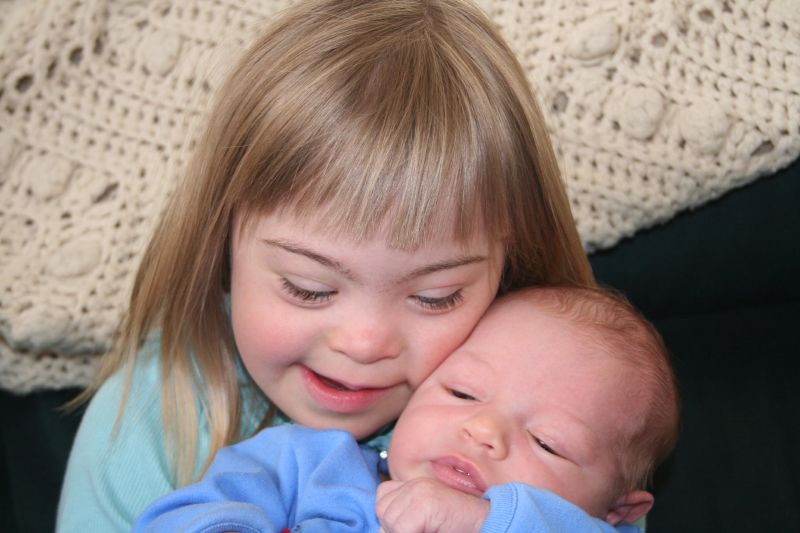
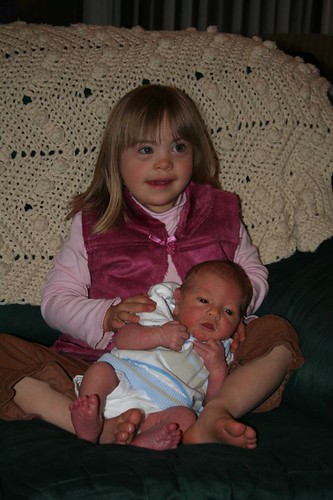
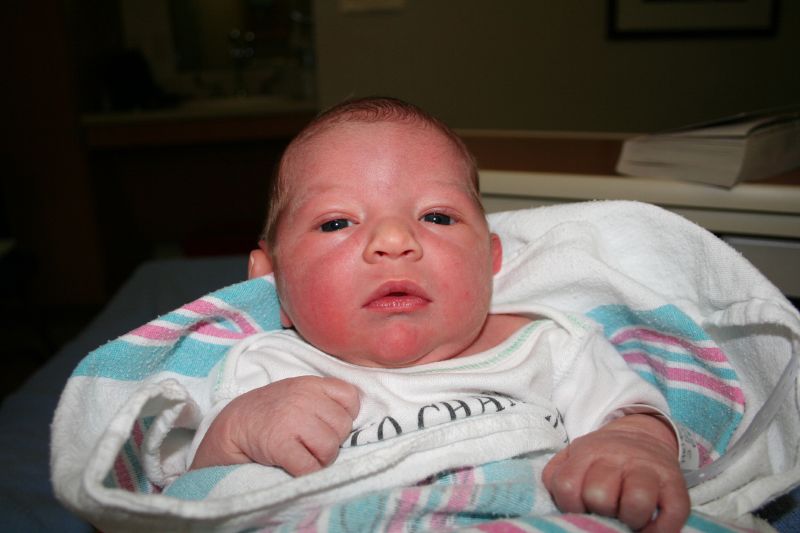
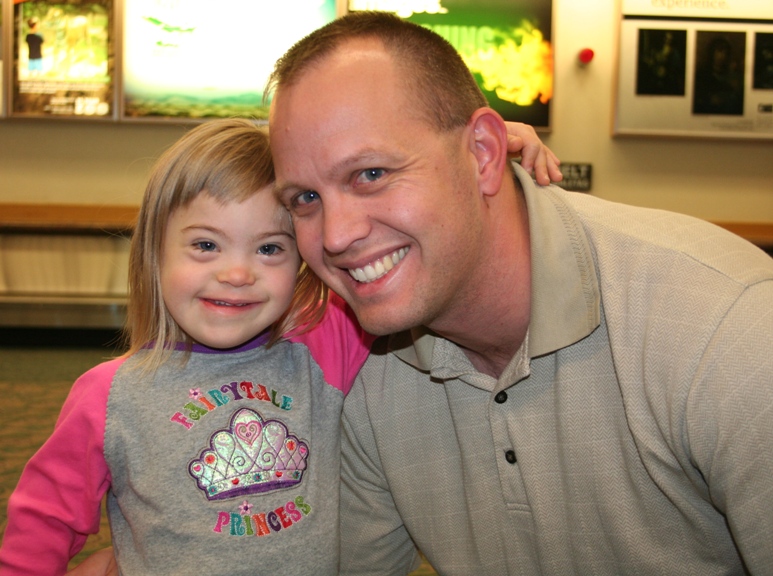
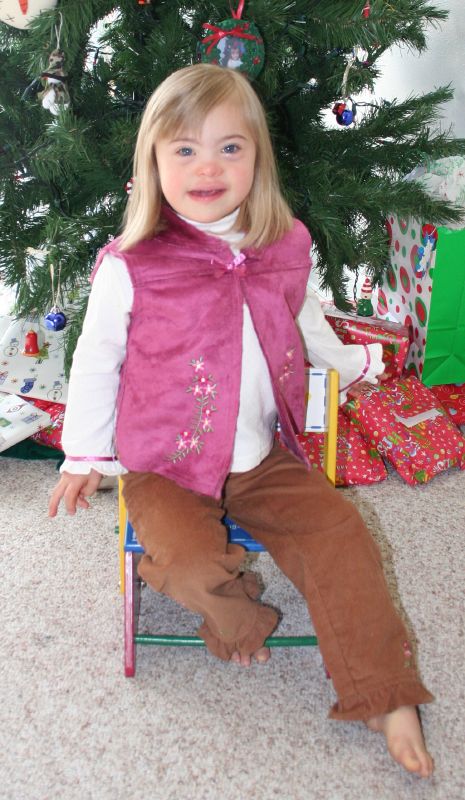
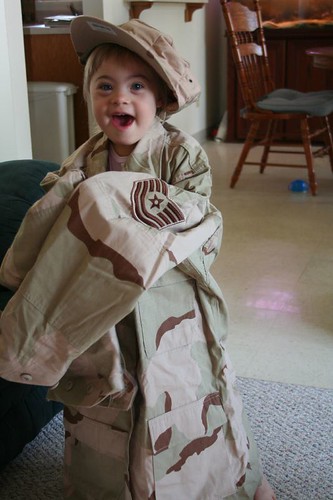
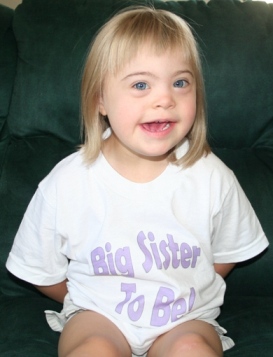
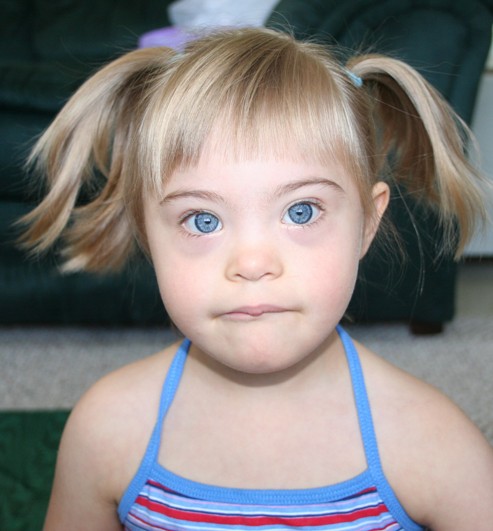
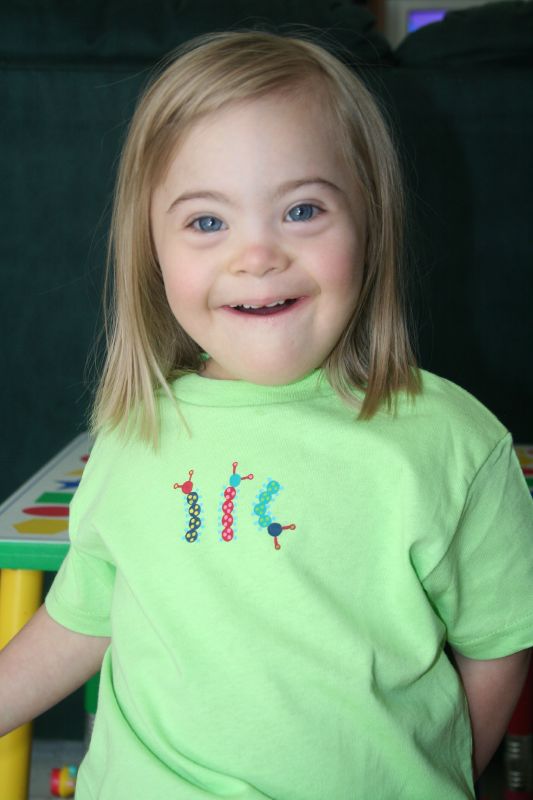
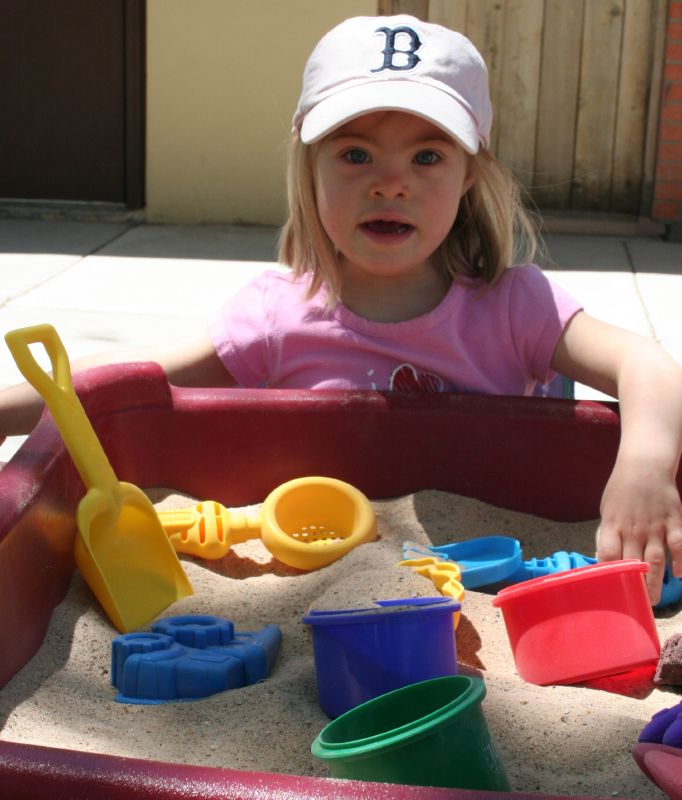


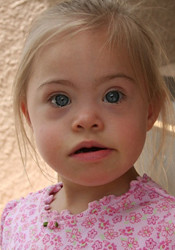
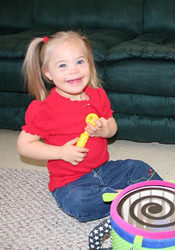



1 comment:
Interesting review. Thank you for publishing it. I was surprised that the mother would not have wanted another child. That has not been my experience amongst the admittedly few people I know whose children have disabilities. Very interesting topic though.
Post a Comment